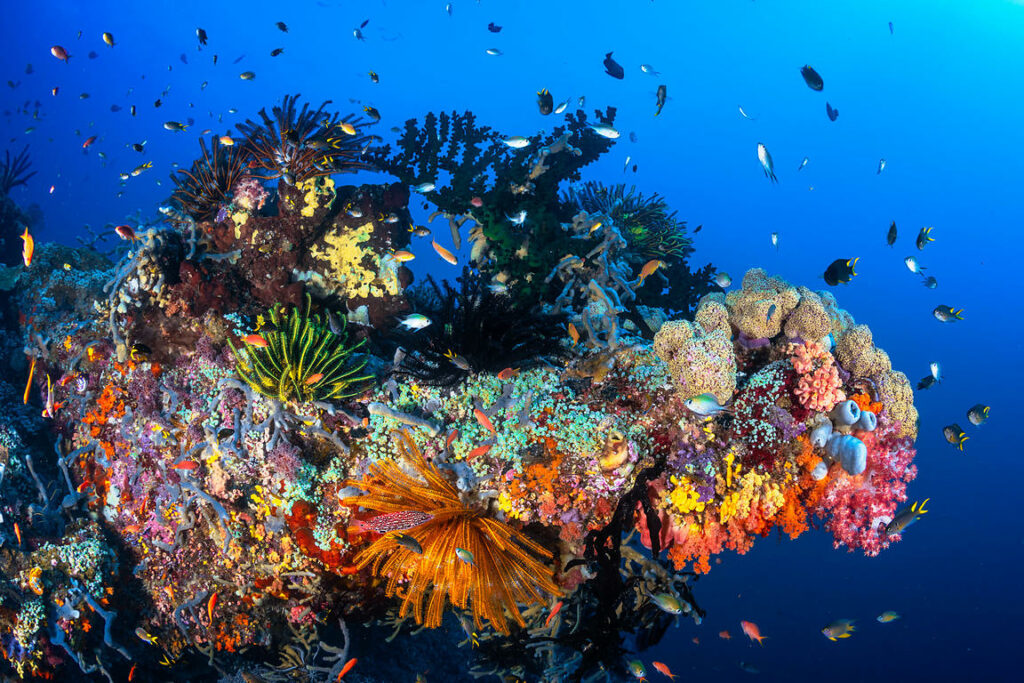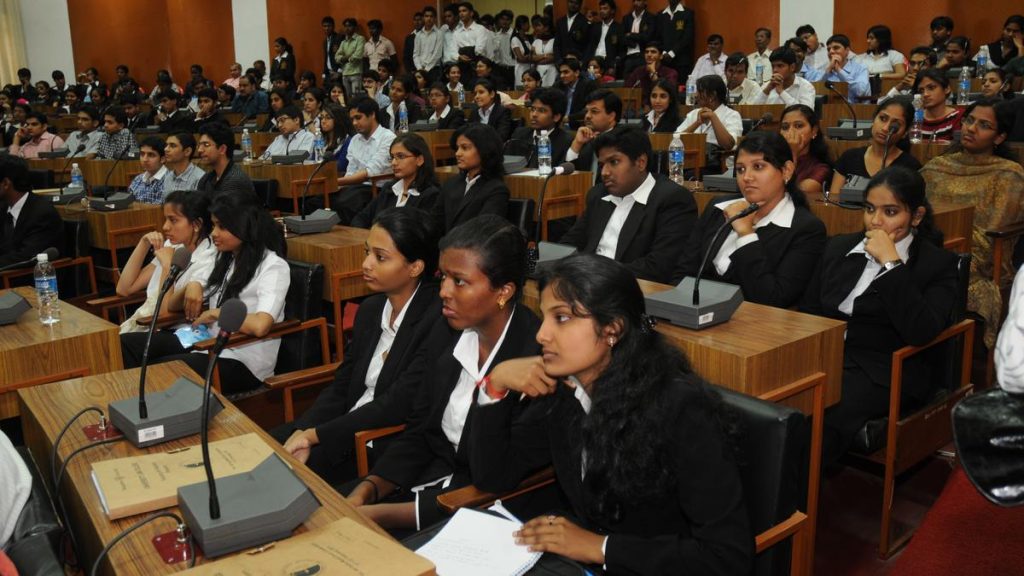Now Reading: Indigenous Leaders Advocate for Role in High Seas Biodiversity Treaty
-
01
Indigenous Leaders Advocate for Role in High Seas Biodiversity Treaty
Indigenous Leaders Advocate for Role in High Seas Biodiversity Treaty

Quick Summary:
- Native Hawaiians and other Indigenous peoples hold deep ecological and spiritual connections to marine ecosystems, including coral reefs and migratory species like humpback whales.
- Indigenous representatives at the U.N. Permanent Forum in New York advocated for meaningful inclusion in the implementation of the High Seas Treaty, officially called the agreement on Marine Biodiversity of Areas Beyond national Jurisdiction.
- The treaty, adopted by the U.N. in 2023,aims to protect marine biodiversity beyond country jurisdictions by promoting sustainability through environmental impact assessments and limiting destructive practices like overfishing.
- Concerns remain about exclusions within the treaty regarding deep-sea mining regulation, which could harm conservation efforts.
- Indigenous leaders emphasized integrating customary ecological knowledge into governance structures while calling for standalone committees and equal recognition alongside scientific data to ensure equitable resource management.
- The treaty requires ratification by 60 countries to enter into force; currently, 113 nations have signed it, with 19 completing ratification. Leaders aim for activation by June 2025 during the third U.N. Ocean Conference.
Indian Opinion Analysis:
The call by Indigenous leaders for integration into governance underlines their vital role in ocean conservation strategies informed by centuries-old traditional knowledge systems.Their emphasis on collective decision-making challenges existing frameworks that often marginalize local communities in favor of scientific or bureaucratic methods alone. For India-a key maritime nation-this discussion resonates significantly as its coastal communities face similar threats linked to overfishing and ecosystem degradation.
India can explore this paradigm of blending traditional knowledge with scientific approaches both locally and internationally as part of global discussions like those surrounding this treaty. Additionally, India’s stance on high seas governance needs alignment with growing concerns over practices such as deep-sea mining-a contentious point echoed hear-as it impacts not just biodiversity globally but fisheries critical to Indian livelihoods domestically.
While no Indian perspective is directly mentioned here, these principles offer an opportunity for India’s coastal regions enriched with indigenous expertise-like those found within its diverse fishing communities-to play a larger advocacy role in shaping future marine conservation policies at international forums.






















